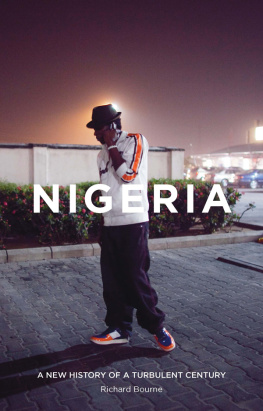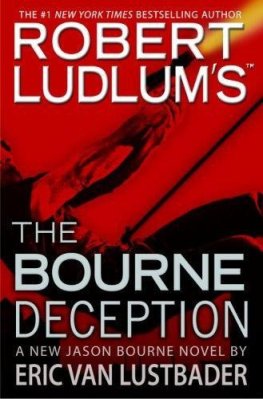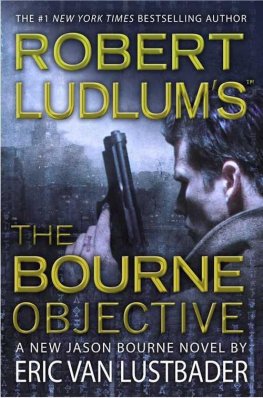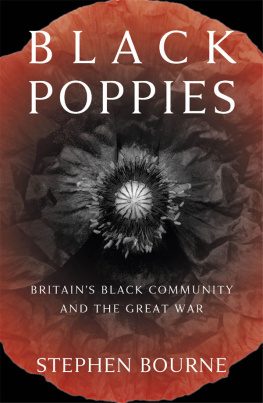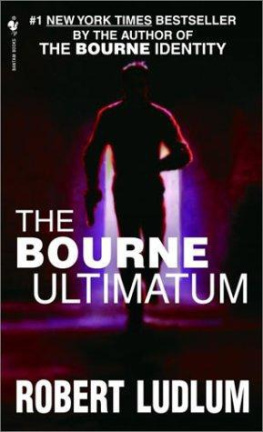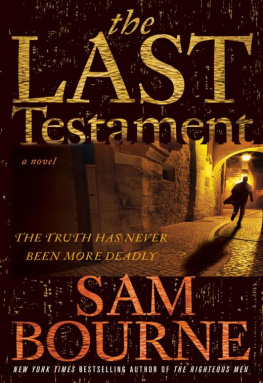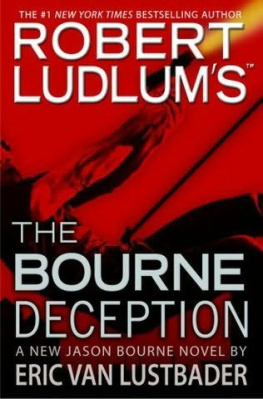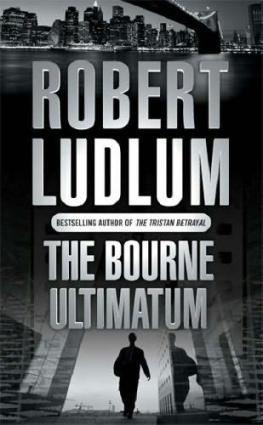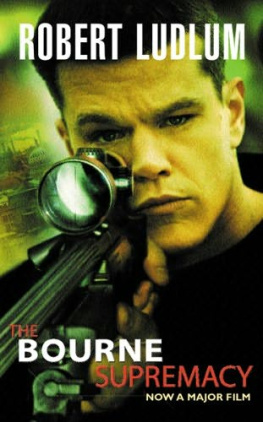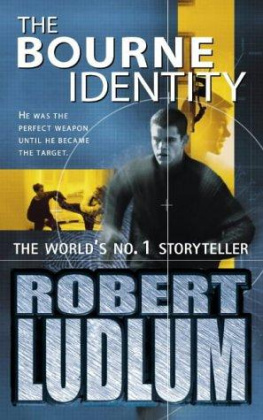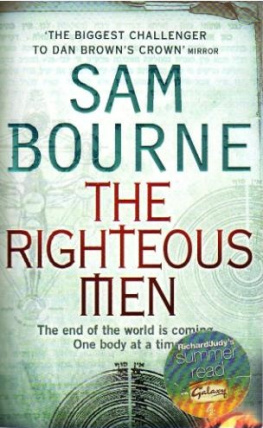Richard Bourne - Nigeria: A New History of a Turbulent Century
Here you can read online Richard Bourne - Nigeria: A New History of a Turbulent Century full text of the book (entire story) in english for free. Download pdf and epub, get meaning, cover and reviews about this ebook. City: London,, year: 2015, publisher: Zed Books, genre: Politics. Description of the work, (preface) as well as reviews are available. Best literature library LitArk.com created for fans of good reading and offers a wide selection of genres:
Romance novel
Science fiction
Adventure
Detective
Science
History
Home and family
Prose
Art
Politics
Computer
Non-fiction
Religion
Business
Children
Humor
Choose a favorite category and find really read worthwhile books. Enjoy immersion in the world of imagination, feel the emotions of the characters or learn something new for yourself, make an fascinating discovery.
- Book:Nigeria: A New History of a Turbulent Century
- Author:
- Publisher:Zed Books
- Genre:
- Year:2015
- City:London,
- Rating:3 / 5
- Favourites:Add to favourites
- Your mark:
- 60
- 1
- 2
- 3
- 4
- 5
Nigeria: A New History of a Turbulent Century: summary, description and annotation
We offer to read an annotation, description, summary or preface (depends on what the author of the book "Nigeria: A New History of a Turbulent Century" wrote himself). If you haven't found the necessary information about the book — write in the comments, we will try to find it.
Nigeria: A New History of a Turbulent Century — read online for free the complete book (whole text) full work
Below is the text of the book, divided by pages. System saving the place of the last page read, allows you to conveniently read the book "Nigeria: A New History of a Turbulent Century" online for free, without having to search again every time where you left off. Put a bookmark, and you can go to the page where you finished reading at any time.
Font size:
Interval:
Bookmark:

More praise for Nigeria: A New History of a Turbulent Century
This book is a major achievement and I defy anyone who reads it not to learn from it and gain greater understanding of the nature and development of a major African nation.
Lalage Bown, professor emeritus, Glasgow University
Richard Bournes meticulously researched book is a major addition to Nigerian history.
Guy Arnold, author of Africa: A Modern History
This is a charming read that will educate the general reader, while allowing specialists additional insights to build upon. It deserves an audience far beyond the confines of Nigerian studies.
Toyin Falola, African Studies Association and the University of Texas at Austin
About the author
Richard Bourne is senior research fellow at the Institute of Commonwealth Studies, University of London and a trustee of the Ramphal Institute, London. He is a former journalist, active in Commonwealth affairs since 1982 when he became deputy director of the Commonwealth Institute, Kensington, and was the first director of the non-governmental Commonwealth Human Rights Initiative. He has written and edited eleven books and numerous reports. As a journalist he was education correspondent of The Guardian , assistant editor of New Society , and deputy editor of the London Evening Standard .
Also by Richard Bourne and available from Zed Books:
Catastrophe: What Went Wrong in Zimbabwe?
Lula of Brazil
Nigeria
A New History of a Turbulent Century
Richard Bourne

Nigeria: A New History of a Turbulent Century was first published in 2015 by Zed Books Ltd, The Foundry, 17 Oval Way, London SE11 5RR, UK
www.zedbooks.co.uk
Copyright Richard Bourne 2015
The right of Richard Bourne to be identified as the author of this work has been asserted by him in accordance with the Copyright, Designs and Patents Act, 1988
Typeset by seagulls.net
Index: Terry Barringer
Cover design: www.burgessandbeech.co.uk
All rights reserved. No part of this publication may be reproduced, stored in a retrieval system or transmitted in any form or by any means, electronic, mechanical, photocopying or otherwise, without the prior permission of Zed Books Ltd.
A catalogue record for this book is available from the British Library
ISBN 978-1-78032-907-9 hb
ISBN 978-1-78032-906-2 pb
ISBN 978-1-78032-908-6 pdf
ISBN 978-1-78032-909-3 epub
ISBN 978-1-78032-910-9 mobi
In memory of the late Beko Ransome-Kuti, human rights campaigner, and for my daughter Camilla, who met him, and my youngest grandchild, Ollie, who never had the chance.
Contents
Preface
A nyone who claims to understand Nigeria is either deluded, or a liar. It comprises so many ethnicities and perspectives, with a contested past and statistics to be taken with pinches of salt, that it is an act of immodesty to write a centenary history. My justification is that I like the country, have been befriended by many Nigerians, and want readers to appreciate the gigantic nature of Nigerias challenges and achievements. To create a single state, to which all citizens can owe allegiance and in which all may prosper, is an ongoing struggle. The intention here is to elucidate, as fairly and readably as possible, a story that began with a colonial merger and bring it up to date. Nation-building is a requisite everywhere, and it was particularly difficult in newly independent states as the tide of European empires receded in the second half of the twentieth century. For Nigeria an existential question about the unity of this diverse polity has never quite disappeared. My purpose in tracing this story is to see how this manufactured state has, on the contrary, managed to survive.
My personal acquaintance began in 19812, when I was commissioned by Channel 4 then an experimental TV station that went on the air in London at the end of 1982 to see whether it was possible to run a weekly news-feature programme with the working title Third World Week . It would, for example, use material from African TV stations and African filmmakers, and I travelled round the continent over a month to report on the ideas viability. However, I had difficulty in getting a Nigerian visa because I was not long in any capital, and when I arrived in Lagos airport without one on a Bulgarian flight from Angola late on a Sunday night, the police asked me why they should not put me on the first plane to London.
I explained that I had a letter of introduction to Chief Ayo Adebanjo, then Presidential Adviser on Information, and said I did not need to stay for more than a day or two to see media persons like Mike Enahoro and key figures at the Nigerian Television Authority. With deft diplomacy, the immigration staff gave me a 72-hour transit visa, quite long enough to do my work. It was a positive moment, never to be forgotten. Earlier, as I waited unavailingly for a visa in a Fleet Street office, a middle-aged British salesman, brandishing his, told me, Some of my greatest adventures in life have started here.
Researching this account I have been assisted by many persons, listed below, who share no responsibility for any errors of fact that have crept in. I would like to thank particularly my wife Juliet, who has patiently suffered once again from her husbands penchant for authorship. In the United Kingdom I am grateful to Professor Philip Murphy, director of the Institute of Commonwealth Studies, University of London, where I am a senior research fellow, and to Bryan Pearson, publisher of Africa Confidential , who facilitated my second research visit to Nigeria in 2014.
In Nigeria there are many to whom I owe thanks. They include the family of my late friend Beko Ransome-Kuti, with whom I worked closely in the Commonwealth Human Rights Initiative to campaign against the Abacha dictatorship; his daughter, Morenike, has been a constant source of encouragement. Over a decade ago I was interested in writing a book about the remarkable Kuti family, celebrated for nationalism, human rights and music and, in an earlier generation, Christian evangelism, but a prominent British publisher dismissed the proposal I was too white, too old, and not sufficiently expert in pop music!
Chief Emeka Anyaoku, Secretary-General of the Commonwealth from 1990 to 2000, has been a friend and inspiration since the 1980s. Kayode Soyinka, publisher-editor of Africa Today , with whom I once found myself singing karaoke at a conference of the Commonwealth Journalists Association in Hong Kong in 1997, has also given continuing advice. I have been helped too by the family of the assassinated Prime Minister Sir Abubakar Tafawa Balewa; in 1983-4, when I was deputy director of the then Commonwealth Institute, Kensington, his son Sadik was a joint fellow there and with the British Film Institute, and we worked together on a film and TV element in a major cultural focus on Africa. In Lagos I would like to say a special thankyou to Ebun Ikenze, a former colleague in London at the Commonwealth Human Rights Initiative in the 1990s, who was kind enough to offer me a place to stay on Victoria Island during my research visits.
There are also institutions I have found especially valuable. In the United Kingdom they include the library of the School of Oriental and African Studies, the Imperial War Museum, London, and Rhodes House part of the Bodleian Library, Oxford. In Ibadan I was lucky to be able to use the Nigerian National Archives. Africa Confidential, edited by Patrick Smith, and the now discontinued West Africa , so long edited by the late Kaye Whiteman, provided helpful running commentaries on Nigerian affairs. I would like also to thank a foundation, which wishes to remain anonymous, for funding my valued publisher, Zed Books, to provide complimentary copies to a number of Commonwealth universities. Ken Barlow, my editor at Zed, has been encouraging throughout, and my friend Terry Barringer, deputy editor of The Round Table, has been kind enough to do the indexing.
Next pageFont size:
Interval:
Bookmark:
Similar books «Nigeria: A New History of a Turbulent Century»
Look at similar books to Nigeria: A New History of a Turbulent Century. We have selected literature similar in name and meaning in the hope of providing readers with more options to find new, interesting, not yet read works.
Discussion, reviews of the book Nigeria: A New History of a Turbulent Century and just readers' own opinions. Leave your comments, write what you think about the work, its meaning or the main characters. Specify what exactly you liked and what you didn't like, and why you think so.

